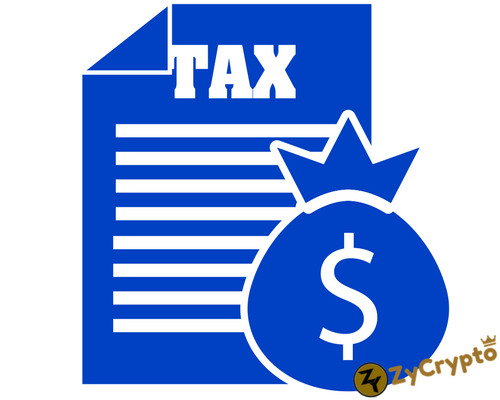On March 29, Thailand’s cabinet ordered the country’s Finance Ministry to begin the process to tax cryptocurrencies. The new tax guidelines include a 7% value added tax or VAT which is in addition to the 15% capital gains tax. The 22% tax on digital assets is meant to protect “naive traders” and dissuade wild speculation.
Thailand’s Deputy Prime Minister Wissanu Krea-ngam has stated that the new laws are not meant to prohibit or stop the spread of cryptocurrencies, but to protect investors and ensure that their use is not solely for criminal intentions such as money laundering or tax evasion.
A key focus for Thai financial regulators are ICOs. Due to their risky nature, failed ICOs are often labeled scams, and as we have seen recently in Vietnam many actually are. However, ICOs are potentially very lucrative and important to the overall development of blockchain technology.
Now with the impending laws getting closer to implementation, cryptocurrency enthusiasts as well as big players in the market such as Thuntee Sukchotrat, chief executive of JIBEX, a cryptocurrency exchange owned by JIB Computer Group Co Ltd. are appealing to the Thai government to ease these regulations or delay the laws to allow startups to grow during the volatile early stages of the technology.
Experts including Thuntee Sukchotrat warn that these taxes could force startups out of Thailand and into welcoming countries where the digital assets tax laws are more lenient.
“Tax could be an obstacle for startups and the fund-raising process, given that startups planning to raise funds in Thailand could opt to look at other places because of stringent regulations here,” Sukchotrat stated.
Jirayut Sruprisopa, another Thai blockchain expert, also warned of the technological exodus that could result from heightened restrictions. Tight laws could force Thailand’s developers out while simultaneously putting up a stop sign for possible outside influencers. While on the other hand, flexible crypto laws could actually attract top talent from all over the world to collaborate with blockchain startups in Thailand.
Fortunately for the crypto world, they have allies who are close to Thai financial authorities. A technology consultant of the SEC and the Thai Fintech Association, Bhume Bhumiratana added
“Tax collection should align with specific assets because digital tokens differ in terms of asset value.” Bhumiratana hopes that Thailand’s Finance Ministry and Revenue Department “will consider issuing another law to delay the implementation of digital asset tax.”
Thai financial officials have not committed to giving details about how the new laws will be put in place and enforced; but, with the Thai government expressing thoughts of protections not prohibition, there could be hope for a compromise leading to laws and regulations that work for all parties.






